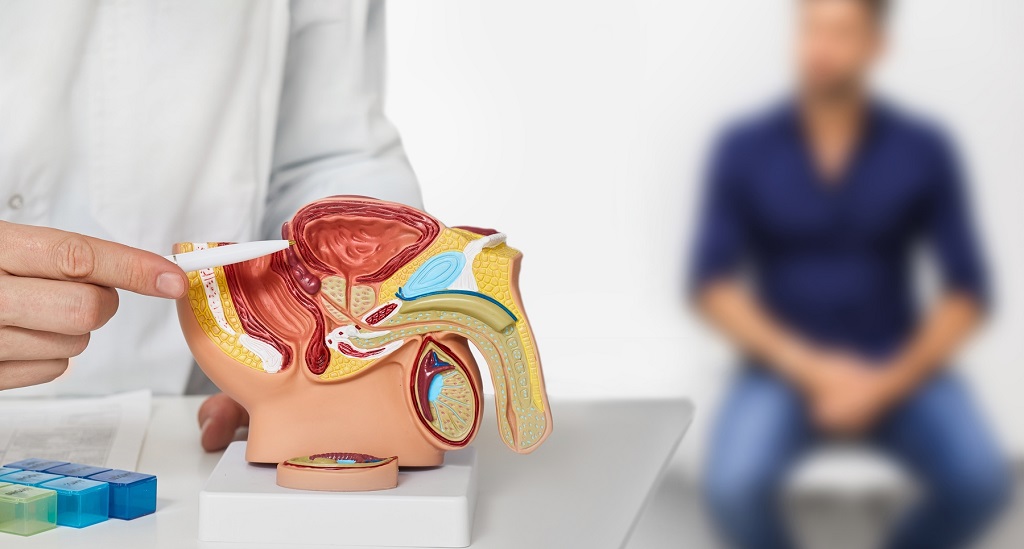Dr. Carlos Peña, urologist-oncologist at Hospiten Santo Domingo, said that radical prostatectomy is a highly specialized surgical intervention that involves the removal of the prostate, the seminal vesicles and the section of the vas deferens.
He clarified that this procedure is reserved for patients diagnosed with prostate cancer, with the primary objective of seeking a cure for the disease.
The specialist explained that many patients who undergo prostate surgery face two main risks: incontinence, which may require the temporary or permanent use of diapers, and erectile dysfunction.
“However, these risks can be significantly mitigated with the implementation of the pelvic neurostimulator during radical prostatectomy,” he said.
According to the expert, the pelvic neurostimulator offers an innovative tool that helps reduce the unwanted side effects of surgery, thus improving the patient’s quality of life.
Dr. Carlos Peña, the first and only specialist to implement this technology in the country, specified that it is “a device that administers an electric current through electrodes to monitor the continuity and function of a specific nerve along its trajectory”.
He added that it can be applied in any type of prostatectomy, whether in open surgery, laparoscopy or robotic surgery, particularly when there is a risk of nerve injury.
The purpose, he reiterated, is to reduce the possibility of damage to the pudendal nerve located in the pelvic cavity, which is responsible for regulating continence and erectile function.
ef/arm/mem/mp









